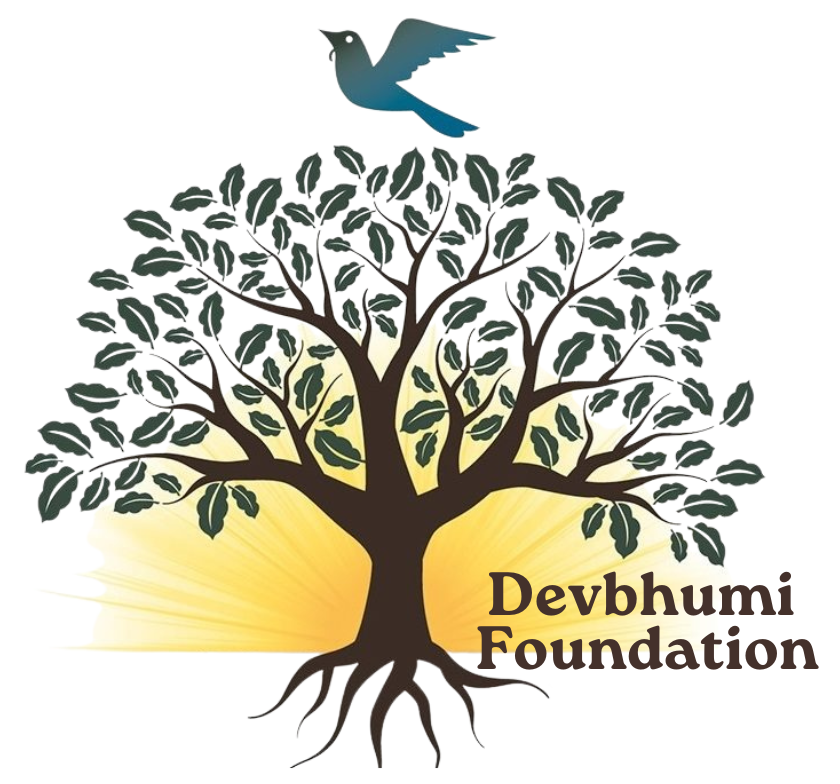Understanding Financial Literacy and Its Components Financial literacy is the foundational ability to understand and effectively use various financial skills. It encompasses a range of competencies, from personal financial management and budgeting to investing and risk assessment. A financially literate individual possesses a robust understanding of financial concepts, enabling them to make well-informed and effective financial decisions. This knowledge is crucial not only for managing personal finances but also for navigating the broader economic landscape. The core components of financial literacy include several key areas. First, knowledge of financial concepts such as interest rates, inflation, credit scores, and investment principles is essential. Understanding these concepts allows individuals to evaluate financial products and services critically. Second, the ability to make informed financial decisions is paramount. This involves assessing the benefits and risks associated with financial choices, whether it’s taking a loan, investing in the stock market, or planning for retirement. Moreover, effective management of financial resources is a critical skill within financial literacy. This includes budgeting, which helps in tracking income and expenses, ensuring that spending does not exceed earnings. It also involves saving for future needs and emergencies, which provides financial security and peace of mind. Additionally, investing wisely is a component that can help grow wealth over time, making it an integral part of comprehensive financial literacy. Financial literacy is a crucial life skill that transcends professional boundaries. It empowers individuals to achieve financial independence and enhances overall well-being. With a solid grasp of financial principles, individuals can avoid …
Understanding Financial Literacy and Its Components
Financial literacy is the foundational ability to understand and effectively use various financial skills. It encompasses a range of competencies, from personal financial management and budgeting to investing and risk assessment. A financially literate individual possesses a robust understanding of financial concepts, enabling them to make well-informed and effective financial decisions. This knowledge is crucial not only for managing personal finances but also for navigating the broader economic landscape.
The core components of financial literacy include several key areas. First, knowledge of financial concepts such as interest rates, inflation, credit scores, and investment principles is essential. Understanding these concepts allows individuals to evaluate financial products and services critically. Second, the ability to make informed financial decisions is paramount. This involves assessing the benefits and risks associated with financial choices, whether it’s taking a loan, investing in the stock market, or planning for retirement.
Moreover, effective management of financial resources is a critical skill within financial literacy. This includes budgeting, which helps in tracking income and expenses, ensuring that spending does not exceed earnings. It also involves saving for future needs and emergencies, which provides financial security and peace of mind. Additionally, investing wisely is a component that can help grow wealth over time, making it an integral part of comprehensive financial literacy.
Financial literacy is a crucial life skill that transcends professional boundaries. It empowers individuals to achieve financial independence and enhances overall well-being. With a solid grasp of financial principles, individuals can avoid common financial pitfalls, such as falling into debt or making poor investment choices. In this way, financial literacy fosters a sense of confidence and control over one’s financial future, making it an indispensable skill for everyone, regardless of their professional background.
Why Financial Literacy is Crucial for Women
Financial literacy is an essential skill set for everyone, but it holds particular significance for women due to several unique challenges they face. One of the most pervasive issues is the gender pay gap, which results in women earning less than men for equivalent work. This income disparity can have long-term repercussions, impacting savings, investments, and retirement funds. By becoming financially literate, women can better navigate these challenges, negotiate salaries effectively, and make informed investment decisions to bridge the gap.
Another critical factor is the longer life expectancy of women. On average, women live several years longer than men, necessitating a larger retirement fund to sustain them through their later years. Financial literacy enables women to plan for this extended period, ensuring they have sufficient resources to maintain their quality of life. Understanding various retirement plans, investment options, and savings strategies can help women build a robust financial cushion for the future.
Women are also more likely to experience career interruptions, often due to caregiving responsibilities for children or elderly family members. These breaks can disrupt income flow and affect career progression, making it challenging to accumulate wealth. Financial literacy equips women with the knowledge to manage these interruptions efficiently, whether through budgeting, creating emergency funds, or exploring flexible work arrangements that support their financial goals.
Empowering women with financial literacy has broader societal benefits as well. Financially literate women contribute to improved family financial stability, making informed decisions that can enhance the economic well-being of their households. This stability can reduce financial stress and contribute to better health and educational outcomes for family members. Moreover, financially independent women are more likely to invest in their communities and contribute to economic growth, fostering a more equitable and prosperous society.
In summary, financial literacy is a powerful tool that enables women to take control of their finances, plan for the future, and achieve financial independence. By addressing the unique financial challenges they face, women can enhance their own well-being and contribute positively to the broader economy.
Current State of Financial Literacy Among Women in India and the Need for Improvement
The financial literacy landscape for women in India reveals significant gaps that necessitate urgent attention. According to a National Centre for Financial Education (NCFE) survey, only 21% of Indian women are financially literate, a stark contrast to the global average of 30%. This deficiency in financial knowledge underscores the need for comprehensive financial literacy programs tailored specifically for women in India.
Cultural and social barriers play a pivotal role in perpetuating these gaps. Traditional gender roles often relegate women to the background in financial decision-making within households. Additionally, educational disparities further restrict their access to financial knowledge. Many women, especially in rural areas, face limited opportunities for formal education, which directly impacts their financial literacy. The lack of inclusion of financial literacy in school curricula exacerbates the issue, leaving women ill-prepared to manage their finances effectively.
Moreover, social norms and expectations can discourage women from seeking financial education. The perception that financial management is a male-dominated domain can deter women from engaging in financial discussions or pursuing financial literacy resources. This cultural mindset not only limits their economic participation but also hinders their ability to achieve financial independence and well-being.
The need for improvement is undeniable, and targeted financial literacy programs are essential to bridge these gaps. Initiatives that focus on practical financial education, such as managing personal finances, understanding credit, and investment planning, can empower women to take control of their financial futures. Collaboration between government bodies, educational institutions, and non-profit organizations can facilitate the development and dissemination of these programs.
Addressing the financial literacy gap among women in India is not just a matter of economic necessity but also a step towards gender equality and empowerment. By providing women with the tools and knowledge to manage their finances, we can support their journey towards financial independence and overall well-being.
How Women Can Gain Financial Literacy and Devbhumi’s Role in Empowering Women
Achieving financial literacy is a crucial step toward independence and well-being for women. There are numerous pathways to gaining financial knowledge, each offering unique benefits. Attending workshops is one effective method; these sessions often provide hands-on experiences and the opportunity to interact with financial experts. Online courses are another valuable resource, offering flexibility and a wide range of topics, from basic budgeting to advanced investment strategies. Websites like Coursera, Udemy, and Khan Academy host comprehensive courses tailored to individual learning paces.
Reading financial books is another excellent way to deepen one’s understanding of personal finance. Authors such as Suze Orman and Dave Ramsey have written extensively on financial planning, savings, and investments, providing practical advice that can be easily implemented. Additionally, seeking mentorship from financial experts can offer personalized guidance and support. Many financial advisors and planners are willing to mentor women, helping them navigate complex financial decisions and build confidence in managing their finances.
Devbhumi is a pivotal organization in enhancing financial literacy among women. Their mission is to empower women by providing the tools and knowledge necessary for financial independence. Devbhumi’s financial literacy programs are designed to cater to women from various backgrounds, focusing on practical skills such as budgeting, saving, and investing. These programs often include workshops, online courses, and one-on-one mentorship, ensuring comprehensive support for participants.
Devbhumi also emphasizes community-building, encouraging women to share their experiences and support each other. This collaborative approach not only enhances learning but also fosters a sense of solidarity among participants. By participating in these programs, women can gain the skills needed to manage their finances effectively, ultimately leading to greater independence and improved well-being.
To get involved, interested individuals can visit Devbhumi’s website, where they can find detailed information about upcoming programs and registration processes. Supporting initiatives like those offered by Devbhumi has far-reaching benefits, not only for individual women but also for their families and communities. Financially literate women are better equipped to make informed decisions, contribute to economic growth, and inspire future generations to achieve financial independence.
Sign up for free class
It’s easy and free!



